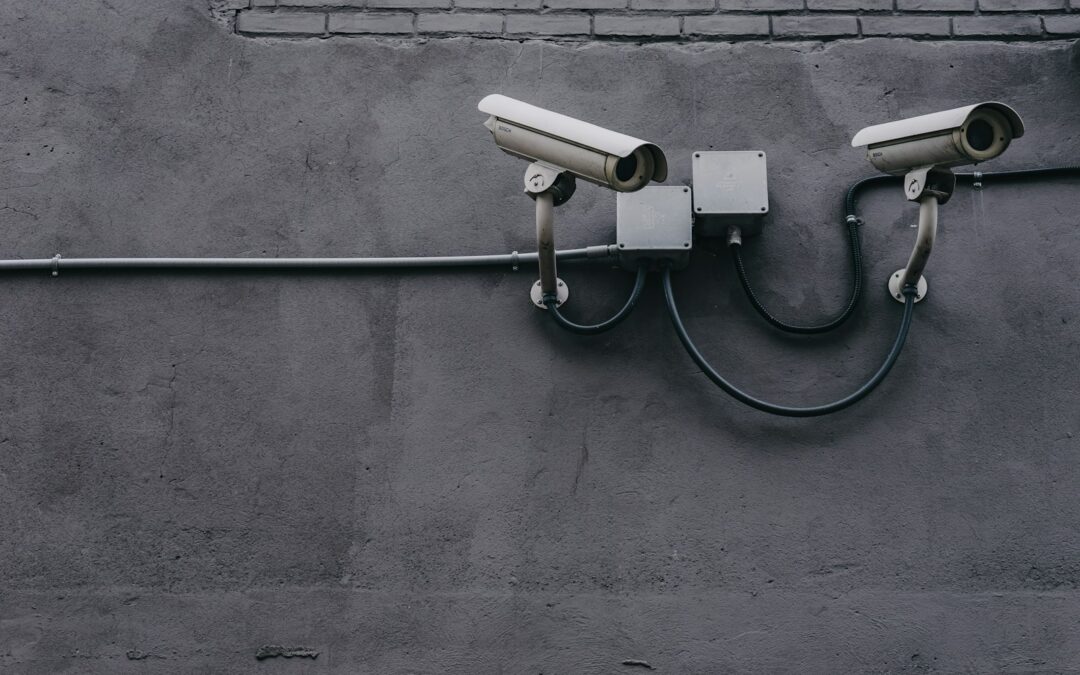Overcoming Privacy and Security Challenges in the Era of Smart Homes
The Rise of Smart Homes and the Need for Privacy
Privacy and data security in smart homes have become paramount as the adoption of connected devices continues to grow. These advanced homes, equipped with IoT devices, AI, and blockchain technologies, offer unparalleled convenience and efficiency. However, they also present significant challenges in terms of protecting user data and maintaining privacy. In regions like Saudi Arabia, the UAE, Riyadh, and Dubai, where technological advancement is rapid, addressing these concerns is critical for sustaining public trust and ensuring the successful integration of smart home technologies.
Smart homes are designed to provide seamless connectivity and automation, making everyday tasks more manageable and enhancing the quality of life. From smart thermostats and security systems to AI-driven assistants and connected appliances, these homes collect vast amounts of data to function effectively. This data can include sensitive information such as daily routines, personal preferences, and even health data. Therefore, safeguarding this data from unauthorized access and potential breaches is essential.
One of the primary challenges in ensuring privacy in smart homes is the complexity and diversity of the devices involved. Each device operates on different platforms and protocols, creating multiple entry points for potential cyber-attacks. Ensuring that each device meets stringent security standards and is regularly updated with the latest security patches is a daunting task. Additionally, the interoperability of these devices often relies on cloud services, which introduces another layer of vulnerability.
Technological Solutions for Enhanced Security
To address the challenges of privacy and data security in smart homes, various technological solutions are being developed and implemented. One of the most promising approaches is the integration of blockchain technology. Blockchain provides a decentralized and secure method of data storage and transmission, reducing the risk of data breaches. By using blockchain, smart homes can ensure that data is encrypted and only accessible to authorized devices and users.
Artificial Intelligence (AI) also plays a crucial role in enhancing smart home security. AI can monitor network traffic and detect unusual patterns that may indicate a security threat. Machine learning algorithms can continuously learn from these patterns and improve their ability to identify and mitigate risks. In the context of smart homes, AI can provide real-time alerts to homeowners and take automatic actions to prevent unauthorized access, such as locking doors or shutting down compromised devices.
The Internet of Things (IoT) itself can be harnessed to improve security through the use of smart sensors and devices. For example, smart cameras with facial recognition can identify unauthorized individuals and alert homeowners or security services. Smart locks can be programmed to allow access only to specific individuals at designated times, ensuring that the home remains secure even when the homeowner is not present. These IoT solutions, combined with robust data encryption and secure communication protocols, can significantly enhance the security of smart homes.
Regulatory and Best Practice Frameworks
In addition to technological solutions, regulatory frameworks and best practices are essential for ensuring privacy and data security in smart homes. Governments and industry bodies in Saudi Arabia, the UAE, and other technologically advanced regions are increasingly recognizing the need for comprehensive regulations that address the unique challenges posed by smart homes. These regulations often include guidelines for data encryption, user consent, and the secure management of personal information.
Best practices for smart home security also involve educating homeowners about the potential risks and the steps they can take to protect their data. This includes setting strong, unique passwords for each device, regularly updating firmware and software, and being cautious about the permissions granted to applications. Homeowners should also be encouraged to use two-factor authentication wherever possible to add an extra layer of security.
Collaborative efforts between device manufacturers, service providers, and regulatory bodies are crucial for developing and enforcing these best practices. By working together, stakeholders can create a cohesive and comprehensive approach to smart home security that addresses the needs of consumers and ensures the safe and secure adoption of smart home technologies. Public awareness campaigns and educational initiatives can further support these efforts by informing the public about the importance of privacy and data security in smart homes.
Conclusion: Building a Secure Future for Smart Homes
Ensuring privacy and data security in smart homes is a complex but essential task in the modern technological landscape. The rapid adoption of smart home technologies in regions like Saudi Arabia, the UAE, Riyadh, and Dubai underscores the need for robust security measures that protect user data and maintain privacy. By integrating advanced technologies such as blockchain and AI, implementing best practices, and fostering collaboration among stakeholders, we can address the challenges and build a secure future for smart homes.
For business executives, mid-level managers, and entrepreneurs, understanding the importance of privacy and data security in smart homes is crucial for driving innovation and maintaining consumer trust. By prioritizing these aspects in their products and services, they can contribute to the safe and sustainable growth of the smart home market. This approach not only enhances the security of individual homes but also supports the broader goals of digital transformation and smart city development.
Ultimately, the future of smart homes depends on our ability to balance technological advancement with privacy and security. By embracing innovative solutions and adhering to stringent security standards, we can create smart homes that offer convenience and efficiency without compromising the safety and privacy of their inhabitants. This balanced approach will ensure that smart homes remain a cornerstone of modern living, providing a secure and connected environment for all.
#Privacy #DataSecurity #SmartHomes #IoT #AI #Blockchain #SaudiArabia #UAE #Riyadh #Dubai #ModernTechnology #BusinessSuccess #Leadership #ManagementSkills #ProjectManagement

